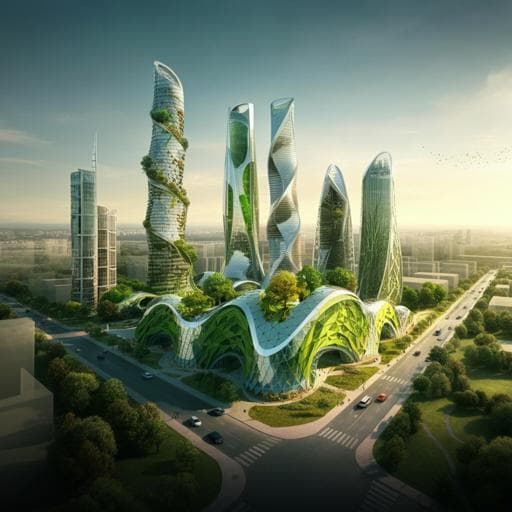
Environmental Studies and Forestry
The discourses of green modernization and eco-civilizational progress in contemporary China: convergence, tension and mutual learning
X. Huan and Q. Huan
Discover the intricate relationship between 'eco-civilizational progress' and 'green modernization' in contemporary China through the insights of Xincong Huan and Qingzhi Huan. Their research unveils how these green discourses can mutually learn from each other to enhance environmental protection and support China's aspirations for a modern socialist future.
Related Publications
Explore these studies to deepen your understanding of the subject.







